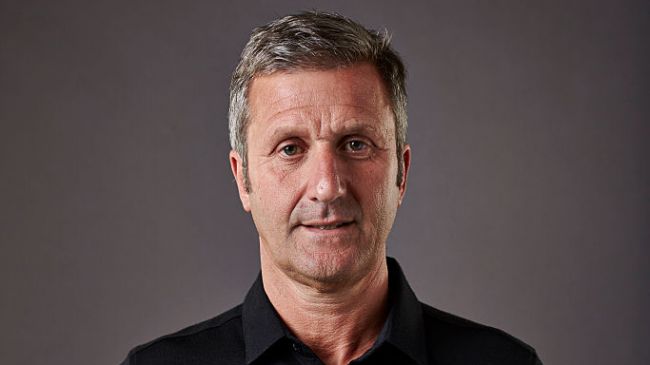Freeman medical tribunal rescheduled for October 28
Former Team Sky and British Cycling doctor to face scrutiny over doping allegation nine months after initial hearing

The medical tribunal hearing concerning former British Cycling and Team Sky doctor, Richard Freeman, has been rescheduled to take place between October 28 and December 20, having been adjourned earlier this year.
Freeman, who faces allegations of misconduct, including doping, did not attend his hearing when the tribunal first convened in Manchester in February. His lawyer immediately secured a 48-hour adjournment and, after the tribunal resumed in private session to discuss preliminary legal argument, a longer adjournment was issued and the hearing was re-listed.
On Tuesday, a new date for the hearing was confirmed, almost nine months after it was originally supposed to take place.
Freeman, who worked for both British Cycling – the national federation – and Team Sky – the professional team now known as Team Ineos – between 2009 and 2015, has been called to the medical tribunal to answer to a case brought by the General Medical Council (GMC).
The GMC is the regulatory body covering the medical profession in the UK and Freeman could be stripped of his right to practise medicine.
The GMC's case centres on the delivery of 30 sachets of testosterone gels to Freeman at the Team Sky and British Cycling HQ in Manchester in June 2011. It is alleged Freeman's motive for placing the order was "to administer to an athlete to improve their athletic performance". Testosterone is banned in and out of competition under the World Anti Doping Agency's rules, and so there are potentially explosive consequences for British Cycling and Team Ineos if the GMC can stand up the allegation.
The tribunal will examine Freeman's previous explanations for the delivery. Former head of medicine and Sky and British Cycling, Steve Peters, claimed Freeman told him the package was sent in error and that it had been returned to the supplier, confirmation of which only arrived five months later and was allegedly untrue. During a UK Anti Doping investigation in 2017, Freeman later claimed the testosterone was intended for use by a non-athlete.
Get The Leadout Newsletter
The latest race content, interviews, features, reviews and expert buying guides, direct to your inbox!
"It is further alleged Dr Freeman's motive for his actions […] were to conceal his motive for placing the order," reads the tribunal case summary.
UKAD, which passed evidence onto the GMC after being forced to close its investigation into the so-called 'jiffy bag' doping allegation concerning Bradley Wiggins, is poised to open proceedings if the doping allegations are substantiated by the tribunal. WADA's 10-year statute of limitations, upgraded from eight years in 2015, means UKAD has until 2021 to press charges.
More generally, the tribunal will examine allegations that Freeman "inappropriately" provided treatment to non-athlete members of staff, that his management of prescription-only medication was "inappropriate", and that he "failed to inform three patients' GPs of medication prescribed and reasons for prescribing". Dave Brailsford, the Team Sky boss and former British Cycling performance director, has admitted that Freeman injected him with triamcinolone, the corticosteroid used controversially by Wiggins under TUEs.
The tribunal will also assess Freeman's record keeping, which came under intense scrutiny during the UKAD investigation and Parliament inquiry. A laptop containing, among other things, records of the mystery 'jiffy bag' delivered from British Cycling HQ to the Team Sky bus at the 2011 Critérium du Dauphiné, was stolen in August 2014 and the contents were not backed up.
Freeman is not required to attend the tribunal, but, either way, he will be represented by Mary O'Rourke, a prominent QC with high-profile experience in the fields of sport and medicine. It is unknown why the original hearing was adjourned, given the legal arguments were heard in private session, which can happen on health grounds, or in exceptional circumstances that outweigh the public interest.
Freeman's struggles with mental health problems, including severe depression and suicidal thoughts, are well documented, and prevented him from giving evidence in person to the UK Parliament Department for Culture, Media and Sport (DCMS) select committee inquiry into doping in sport in 2017. He also provided his evidence to the UK Anti-Doping investigation in writing, and more recently pulled out of appearing at the employment tribunal for British track rider Jess Varnish.
Patrick is a freelance sports writer and editor. He’s an NCTJ-accredited journalist with a bachelor’s degree in modern languages (French and Spanish). Patrick worked full-time at Cyclingnews for eight years between 2015 and 2023, latterly as Deputy Editor.
